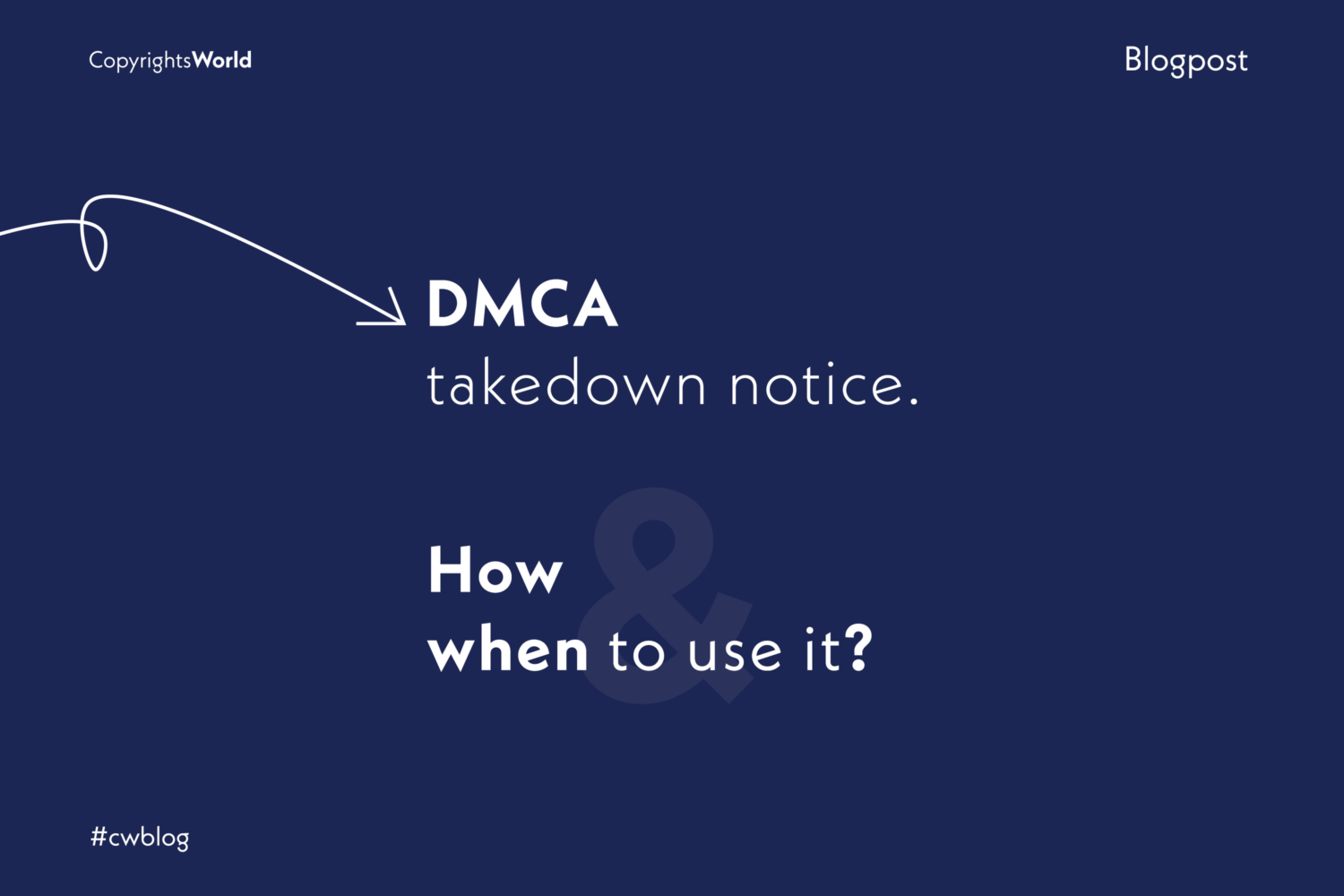Copyright infringement and how to stop it is a question in the minds of most of us these days. While even individuals face this challenge, digital creators like photographers, writers, publishers, poets, visual artists, logo designers, illustrators, music & video creators and lyricists are being affected tremendously and left wondering what to do to protect their rights?
The law that is our reference for answering this question is the Digital Millennium Copyright Act (DMCA). DMCA is a 1998 United States copyright law that criminalizes production and dissemination of technology, devices, or services intended to circumvent measures that control access to copyrighted works (commonly known as digital rights management or DRM). It also criminalizes the act of circumventing an access control, whether or not there is actual infringement of copyright itself. The DMCA’s principal was adopted by the European Union in the Electronic Commerce Directive 2000.
Google’s Transparency report which is compliant with the DMCA is mentioning over 5 billion Urls being delisted due to copyright infringement. Along with Google, most social media have their own services for copyright infringement and takedown requests.
When the aforementioned, do not cover your case, you can send a DMCA take down notice.
What is a take down notice?
A DMCA (Digital Millennium Copyright Act) takedown notice is a formal request by you as a copyright owner, to remove the infringed work from the website or property where it is used.
If hosts and Internet Service Providers (ISPs) remove the content for which the take down notice was issued as soon as they are notified, the matter can be resolved. If not you should contact your lawyer or seek legal advice on how you should proceed. To do so, make sure that you have strong evidence of copyright ownership as you will need it when you engage in a legal dispute.
When should you send a DMCA takedown notice?
You should be issuing a DMCA takedown notice if:
- You are the owner of the original work or you are authorized by the owner.
- There is no active license with the user for using your work. This might be a good time to check on your expired licenses and whether your work was taken down upon expiration.
- The infringer has not responded to your requests for properly licensing your work.
- You do not want to engage with the infringer.
- The person or business infringing your work is unlikely to pay for a license or compensation.
What do you want to achieve?
Like with all things in life, you should think about sending with a clear intention. Answer to yourself, “what do I want to achieve?” Do you simply want your work to be taken offline, or do you want to create a license and create an opportunity to increase your income? Is this a case from which you could claim damages?
Knowing what you want to achieve will allow you to decide upon the best course of action and get the desired outcome.
Remember that visual and text based work is easily infringed since users don’t need to log into a peer-to-peer file-sharing they can simply copy paste or right-click to download. As a result some infringers are unaware of the fact that work at state is protected by copyright laws, or that they have any legal obligation or even the possibility to pay for the use of it. You might be surprised how many people might be willing to license your work.
If what you want is just your work to be taken down then go ahead and send a takedown notice. But if you are interested in creating some new revenue sources, then you might want to aim for licensing.
Conclusion
Whatever you decide to do, one thing is for sure: You will need strong evidence of copyright ownership. And you might want to do it as soon as you create your work before even sharing with anyone. Copyright basics still apply in the digital world. The person who wins is the one with the strongest evidence at the earliest time. There are online copyright registration services available that help you do just that. There are some, like CopyrightsWorld, that also provide infringement monitoring services, that allow you to know when someone uses your work without permission.

